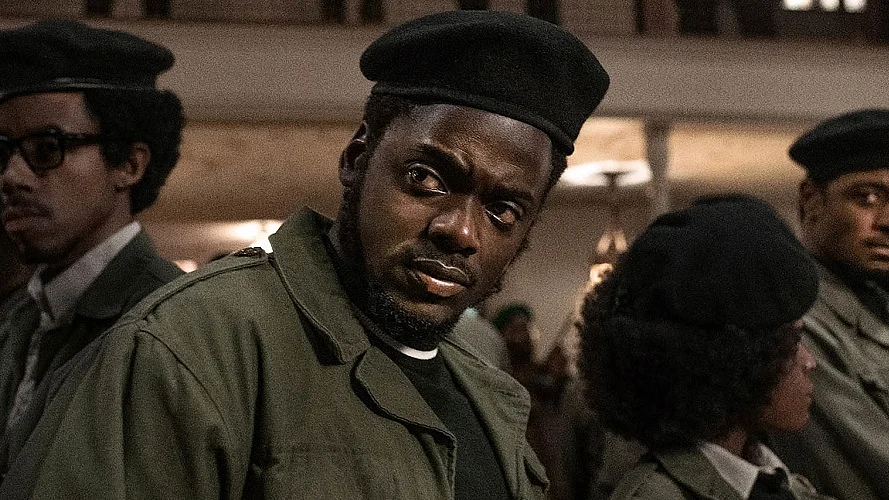Bringing Fred Hampton back to life
That Warner Bros is producing a film on a 21-year-old Black activist killed by the police in these times shows how much the world has changed

The film Judas and the Black Messiah, directed by Shaka King, shows how many in the late 1960s and ’70s in the US and around the world reacted to racism, police brutality and abuse, concerns which have surfaced again in the US and in many parts of the world in recent years.
The movie starts with the backdrop of the assassinations of Malcolm X and Dr. Martin Luther King, Jr. The main ideological leader of the Black Panther Party (BPP), Dr. Huey P. Newton, was in prison.
The BPP was one of the most notable political formations to come out of the United States—a movement of Black militants who realized that political change could not come out of changes in presidents or Congress. It would require a revolution. The common experience of racism was, they believed, tied up in the basic exploitative and oppressive nature of capitalism itself.
The title refers to the concern of the FBI under J. Edgar Hoover (Martin Sheen), that a “Black Messiah” would be able to unite Black people in a revolutionary way. The film follows the true story of Black FBI informant Bill O’Neal (LaKeith Stanfield) tasked with getting close to a very charismatic Fred Hampton (Daniel Kaluuya), who became the Illinois Chairman of the BPP.
As viewers learn, Hampton was uniquely able to articulate a revolutionary socialist line that involved oppressed people of every colour. He said that the oppressed had a common twinned enemy: The capitalist and the police who uphold capitalism. According to him, the capitalist comes in every colour.
Under his direction, the BPP reached out to build ties with the Patriots (predominantly lumpen whites) and the Young Lords (mostly Puerto Ricans). The movie has a brilliant scene in which the Panthers entered a Patriot meeting. Against the protests of some of his own cadre, Hampton walked to the front of the room and argued that the “rednecks” assembled there and the Panthers in the back of the hall were all oppressed by the same enemy.
One of the strategies that exemplified BPP was their Maoist-inspired “serve-the-people” initiatives such as free breakfast and free medical clinics for the community. In a world in which children were going to school hungry and poor communities couldn’t afford medical care, their revolutionary approach was well received.
It was that universality—and the ability to articulate a transformative revolutionary line that included reactionary whites with Black lumpen and workers in one anti-capitalist message—that made Fred Hampton a direct threat. Toward the end of the film, we see the police act with brutality and cowardice by murdering him as he was sleeping in his Chicago apartment. He was only 21 years old.
Hampton is seen and heard quoting or displaying illustrations of Karl Marx, Mao Zedong, and Che Guevara. For a studio such as Warner Brothers, to feature a Black Communist revolutionary in a positive way is actually quite remarkable.
As the 126-minute movie portrays, Fred Hampton, Jr. himself is working with various Panther clubs and organisations. It is most refreshing to consider that modern film studios are producing films like this at this time. Progressives, leftists and all anti-racists can celebrate the new audience of viewers ready to hear such transformative message. (IPA Service)
Follow us on: Facebook, Twitter, Google News, Instagram
Join our official telegram channel (@nationalherald) and stay updated with the latest headlines